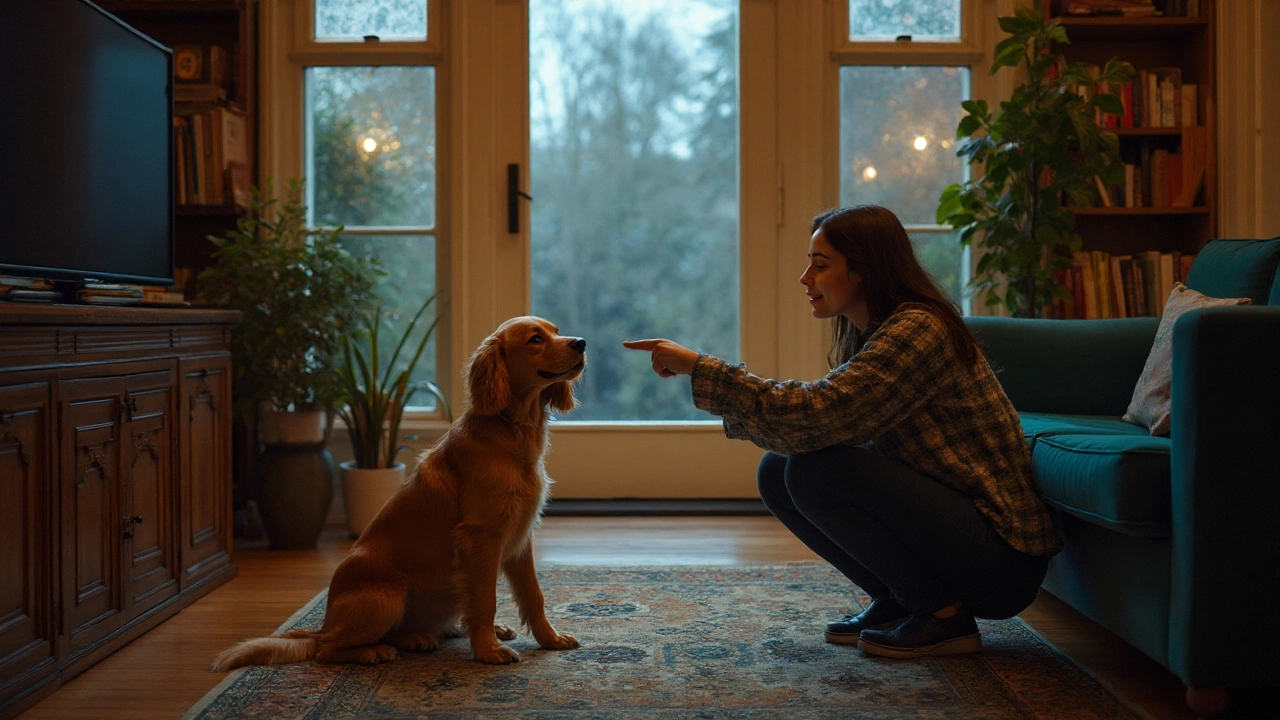Dogs Head Tilt: What It Means and When to Get Help
Ever notice your dog suddenly cocking its head like a curious puppy? A head tilt can be cute, but it often signals something going on inside. Knowing the difference between a harmless quirk and a warning sign can save you a lot of worry.
Common Reasons for a Head Tilt
Most head tilts happen because the dog’s ears or balance system is upset. An ear infection is a top culprit – the inner ear helps control balance, so inflammation can make the dog feel off‑center. Vestibular disease, sometimes called “old dog’s dizziness,” affects the brain’s balance center and can cause a sudden, dramatic tilt.
Other causes include a knocked‑out ear canal from a scratch, a parasite like ear mites, or even a foreign object stuck in the ear. Neurological issues such as a brain tumor or stroke are rarer but serious, and they usually come with extra symptoms like weakness or disorientation.
How to Spot a Problem Quickly
Watch your dog’s behavior closely. If the tilt is brief and goes away, it might just be curiosity. Stay alert for these red flags: persistent tilting, loss of balance, circling, nausea (you might see drooling or vomiting), or trouble walking straight. A dog that seems confused, deaf, or has a head bobbing motion needs a vet check right away.
Check the ears for swelling, discharge, or a foul smell – those clues point to infection. Gently tap the ear flap to see if the dog reacts pain‑lessly; any sharp reaction suggests something’s wrong inside.
When in doubt, call your vet. Early treatment for ear infections or vestibular disease often leads to quick recovery, while waiting can let a serious condition worsen.
While you’re waiting for the appointment, keep your dog comfortable. Limit jumping, avoid loud noises, and provide a safe, non‑slippery area for them to rest. If they’re nauseous, offer small amounts of water and a bland diet.
Prevent future tilts by keeping ears clean and dry. Use a vet‑approved ear cleaner once a month, especially after swims or baths. Regular check‑ups let the vet spot early ear issues before they cause balance problems.
In short, a head tilt is your dog’s way of saying something feels off. Quick observation, a check of the ears, and knowing the warning signs will help you decide if a vet visit is needed. Keep it simple: if the tilt stays, or you see other odd symptoms, get professional help fast.
- Morgan Ainsworth
- 0 Comments
Why Dogs Tilt Their Heads When You Talk: Science, Meaning, and Health Red Flags
Dog head tilts aren’t random. We break down hearing, vision, attention, training, and health red flags-plus what to do if a tilt doesn’t stop.
View More
